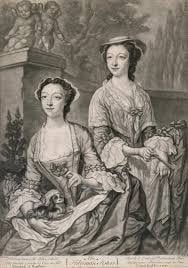The Manor House In Hemingford Grey: Home Of ‘Beautiful Gunning Sisters’, Maria and Elizabeth
The historic Manor House located in the quiet village of Hemingford Grey, Cambridgeshire. The house dates back to around 1130.
This house is one of the oldest continuously inhabited homes in Britain, although there is some debate over whether it holds the official title.
Despite this, The Manor remains a fascinating place with much of its original structure intact, showcasing changes made over the centuries.
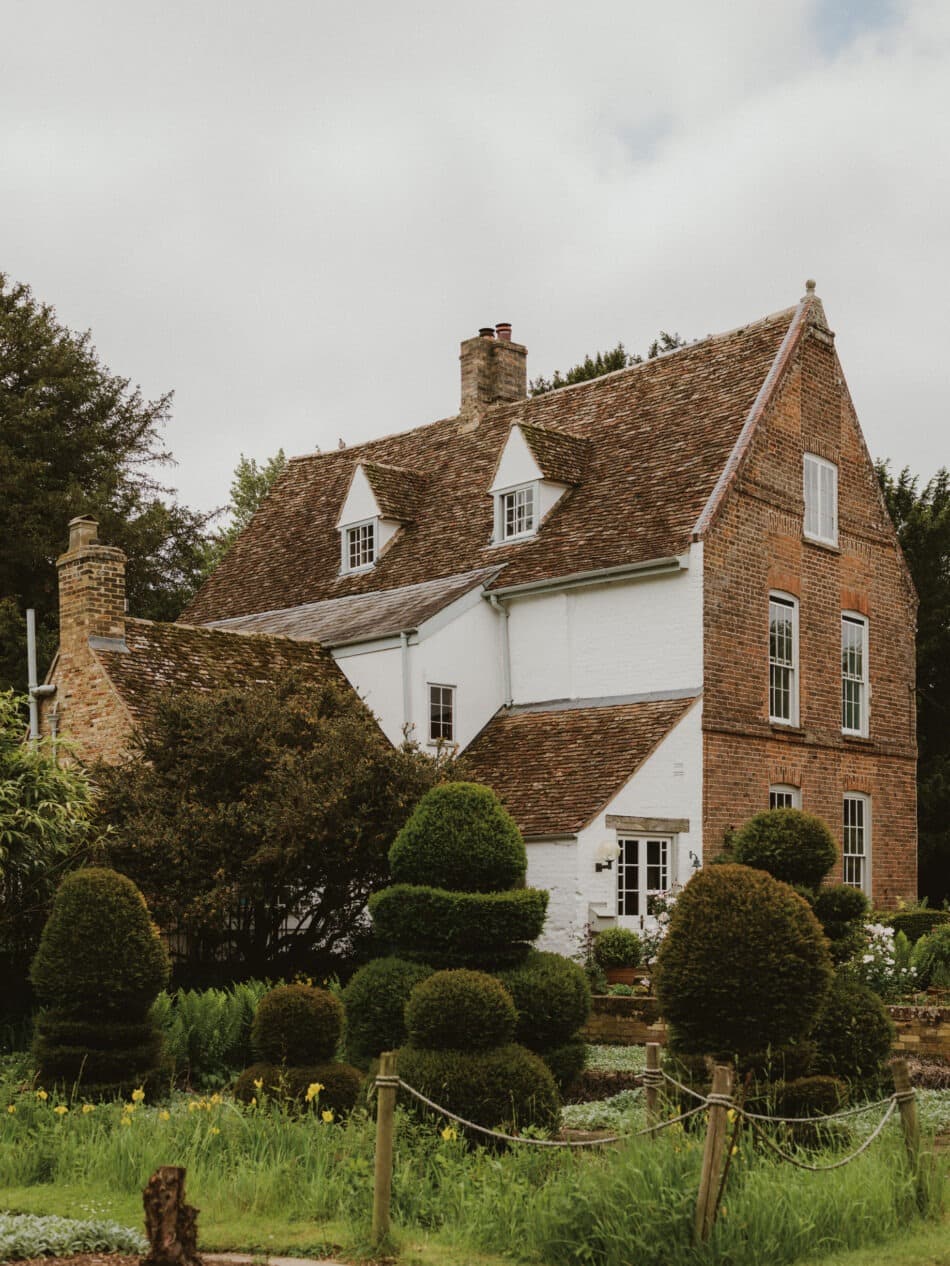
The early owners of The Manor?
The Manor was originally built by Payn Osmundsen, a tenant of Aubrey de Vere, 1st Earl of Oxford.
It was a tall, narrow stone house, surrounded by a moat and fortified, with access available only by boat.
From 1256 to 1490, the house was owned by the de Grey family and later by notable figures such as Edmund Dudley, who was a financial administrator for Henry VII, and Richard Cromwell, the great-grandfather of Oliver Cromwell.
In the early 18th century, The Manor was home to the Gunning sisters, Maria and Elizabeth, known for their extraordinary beauty.
They were often called the “Beautiful Miss Gunnings.”
Maria married the Earl of Coventry, and Elizabeth married twice, first to the Duke of Hamilton and then to the Duke of Argyll, becoming the mother of four Dukes.
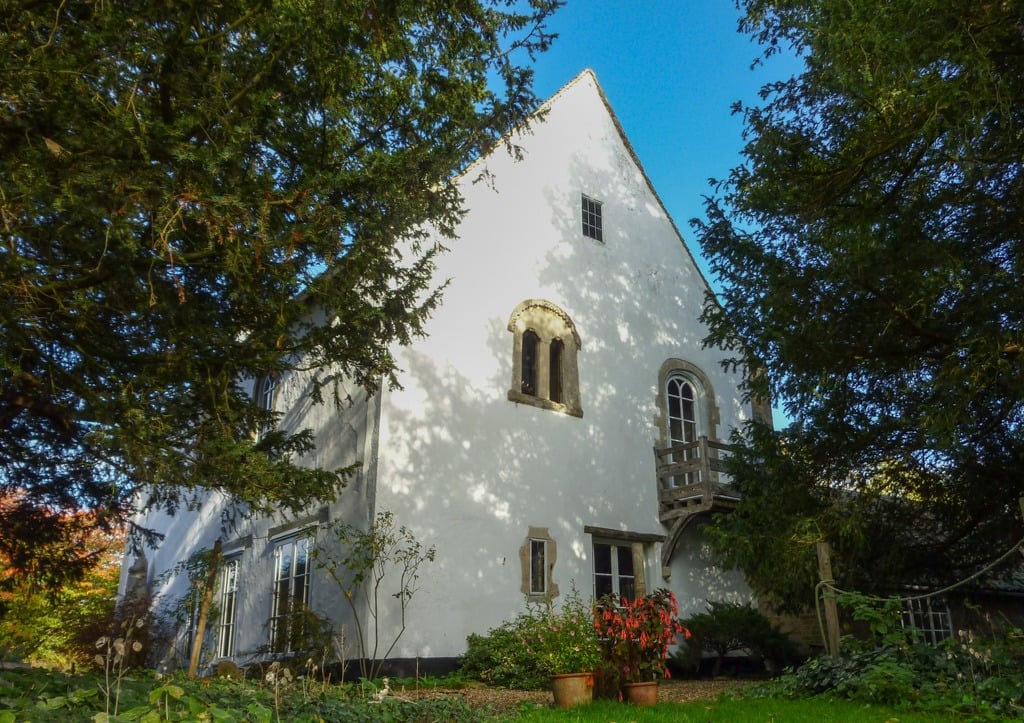
Lucy M. Boston and the Green Knowe Series
The Manor became famous in the 20th century thanks to Lucy M. Boston, who bought the house in 1939 for £2,500.
She renamed it Green Knowe and wrote several children’s books set in the house.
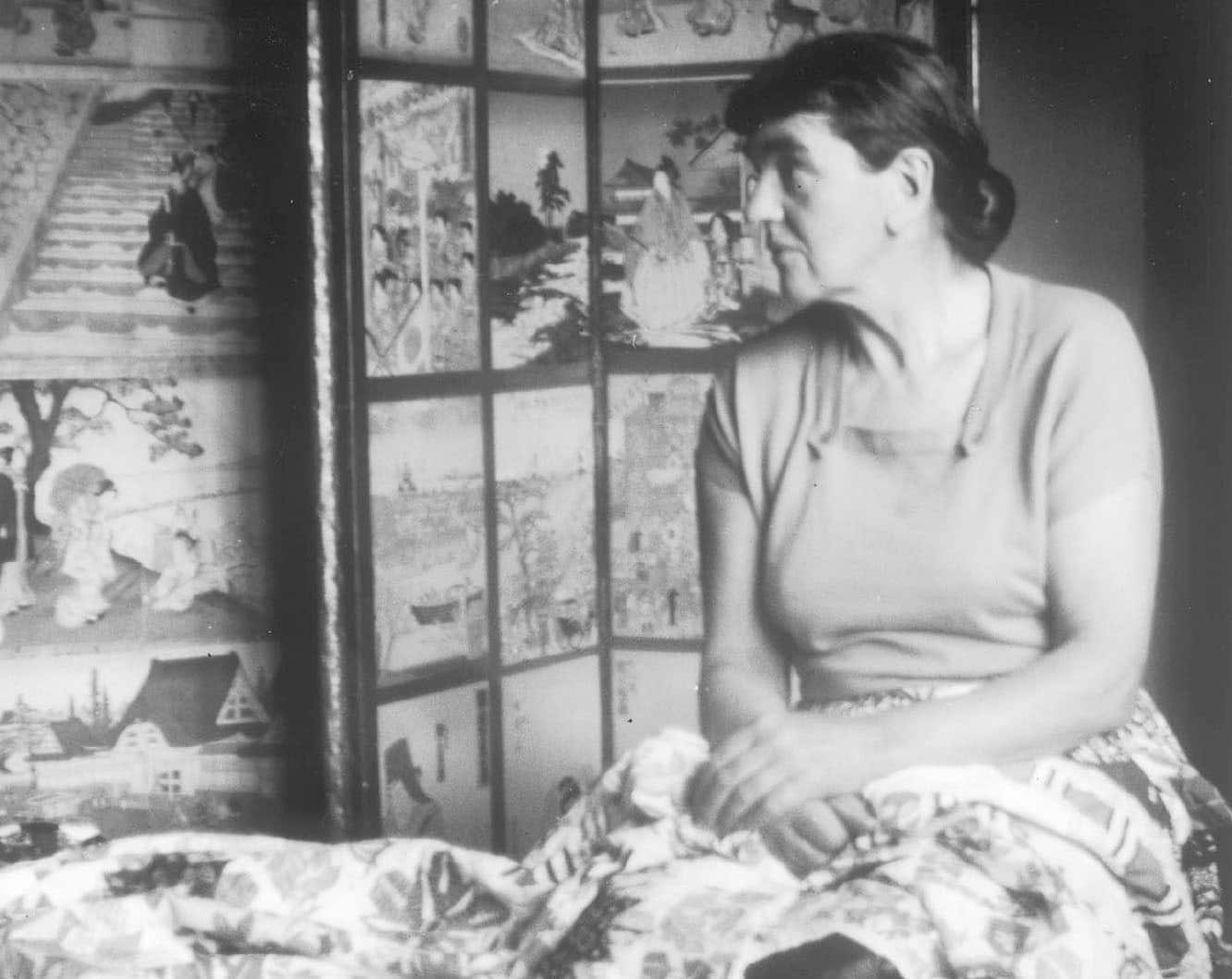
These stories, illustrated by her son Peter, became beloved classics.
Visitors to The Manor can still see many elements from the books, such as the rocking horse and the bird cage.
During World War II, Lucy Boston hosted gramophone recitals in the medieval Music Room for RAF airmen from nearby airfields.
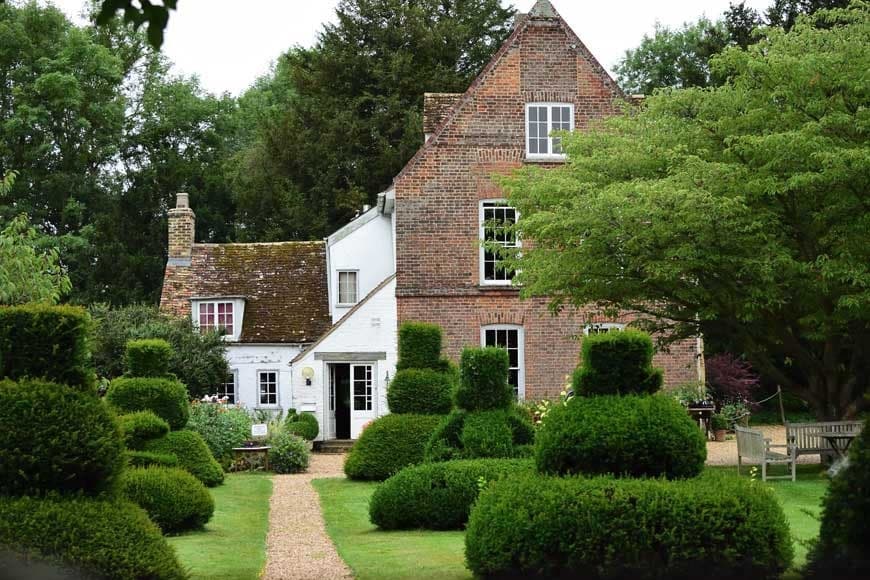
These gatherings provided comfort and entertainment to many young men far from home.
The tradition is remembered fondly, and the records and logbooks from those days are still in the house.
Medieval Music Room
This Music Room is where Lucy Boston held gramophone recitals during World War II.
It has thick stone walls, large wooden beams, and an ancient fireplace.
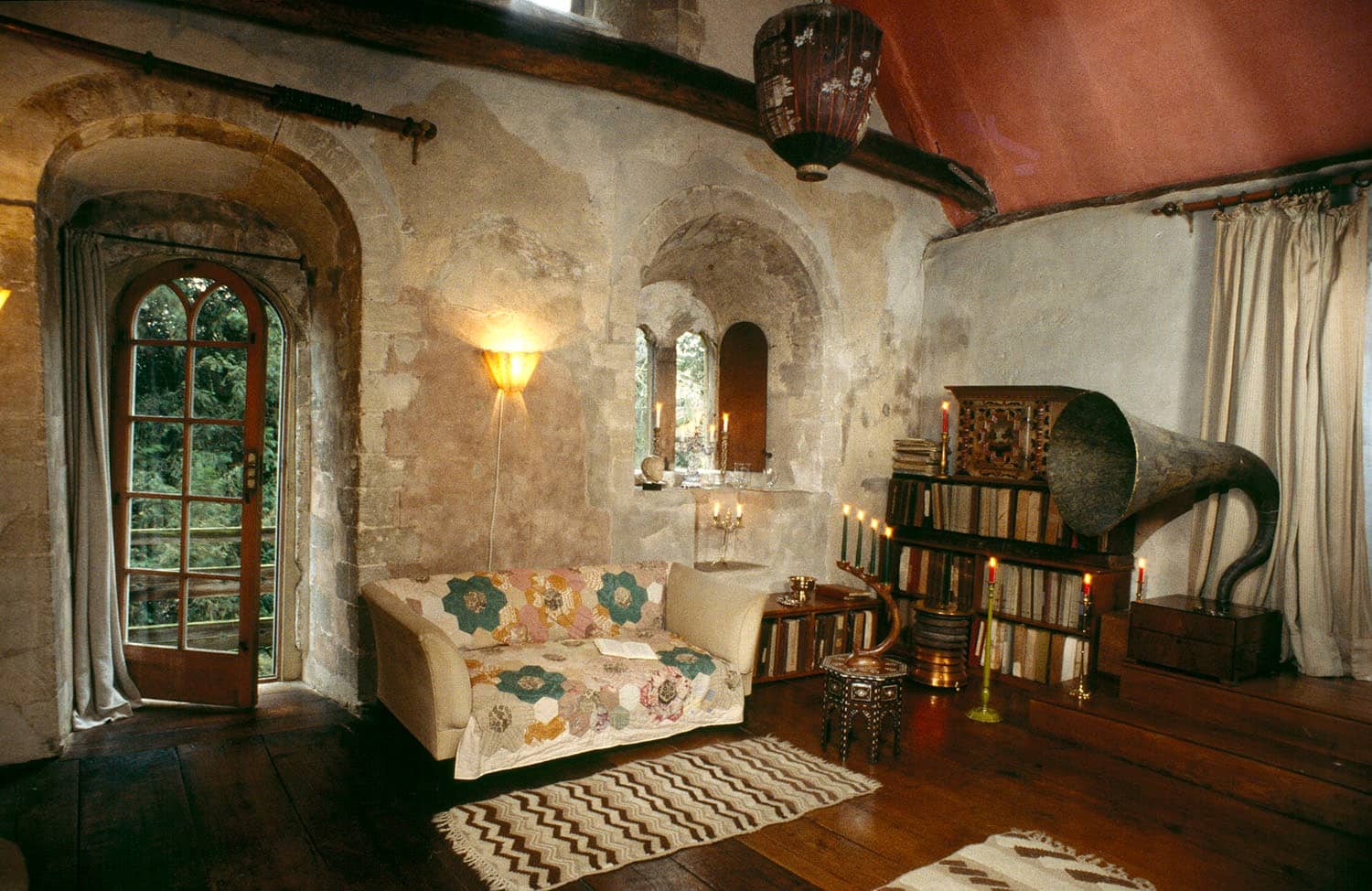
The gramophone, which airmen once gathered around, still stands as a centerpiece.
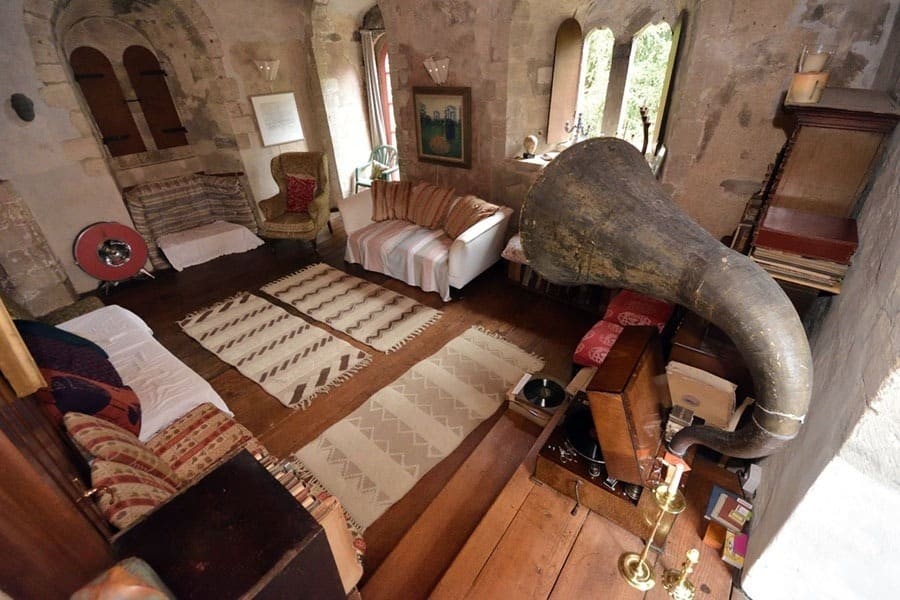
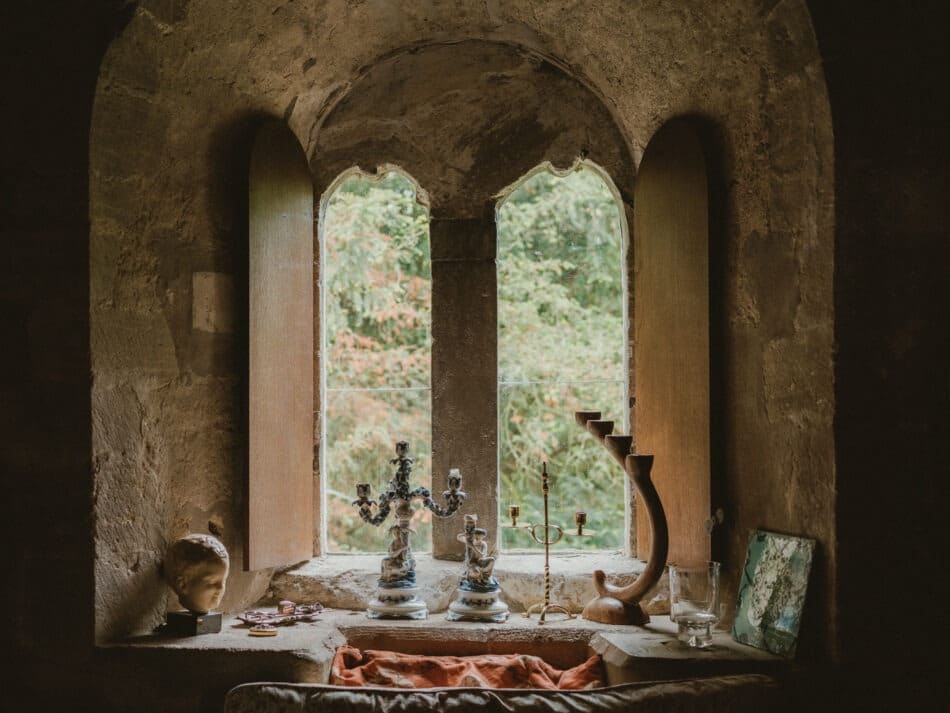
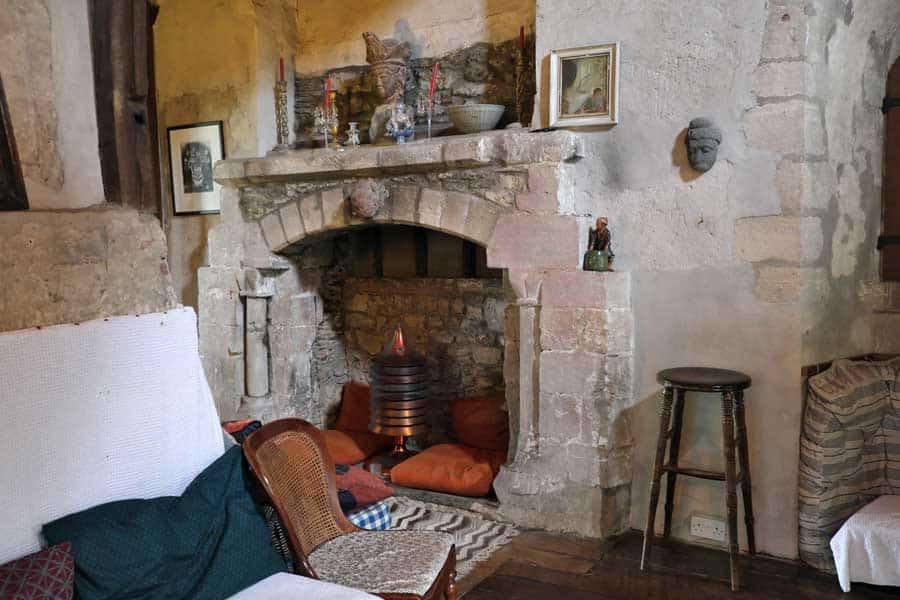
The Great Hall
The heart of The Manor, this room has a grand fireplace and high ceilings, giving it a sense of medieval grandeur.
It is adorned with tapestries and antique furniture, offering a glimpse into the lives of past residents.
Large windows let in natural light, highlighting the room’s intricate details.
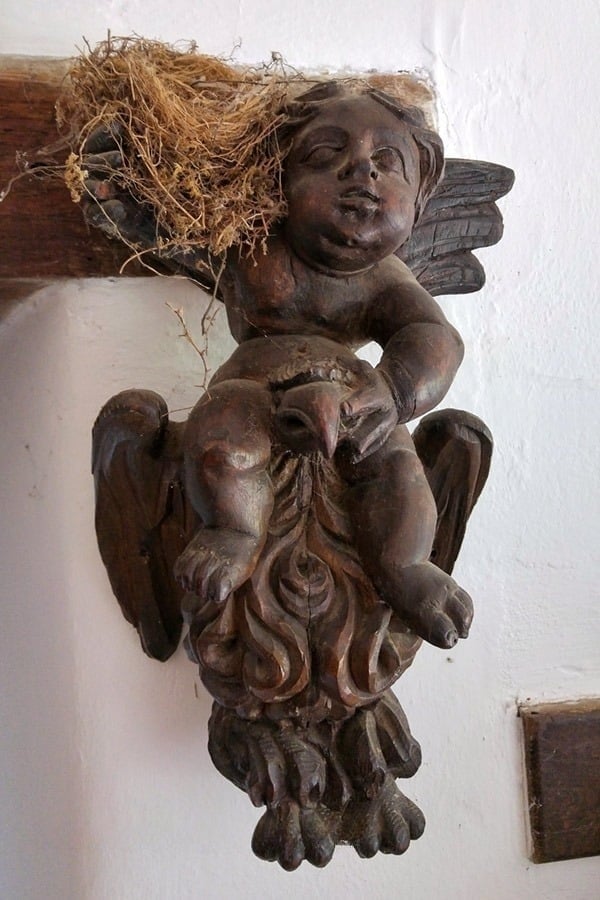
The Library
This cozy room houses an impressive collection of books, many of which belonged to Lucy Boston.
Wooden shelves are lined with volumes of various genres, reflecting Lucy’s diverse interests.
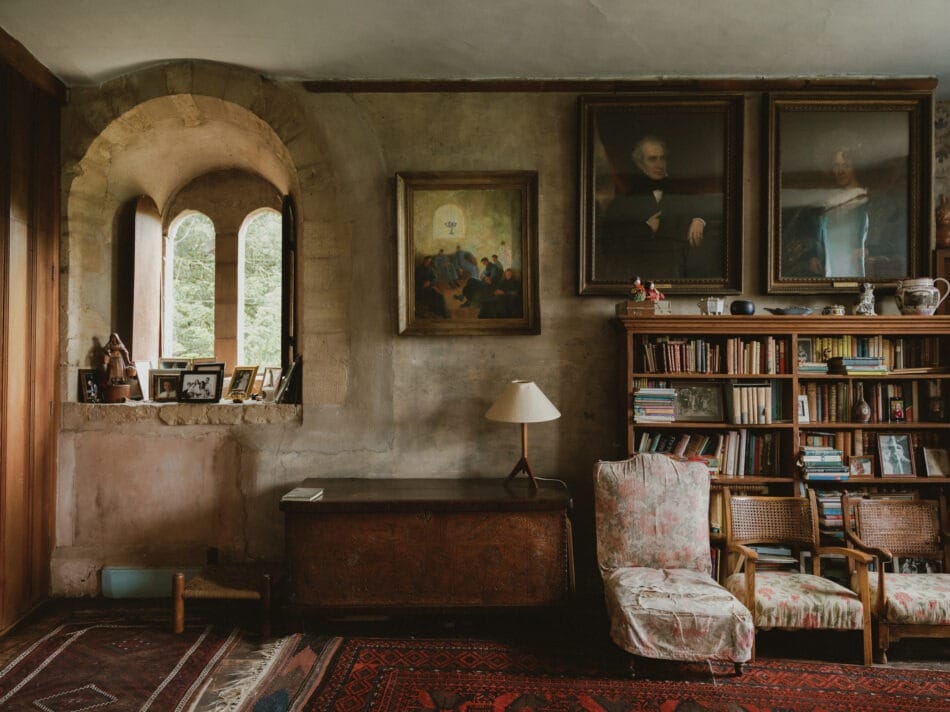
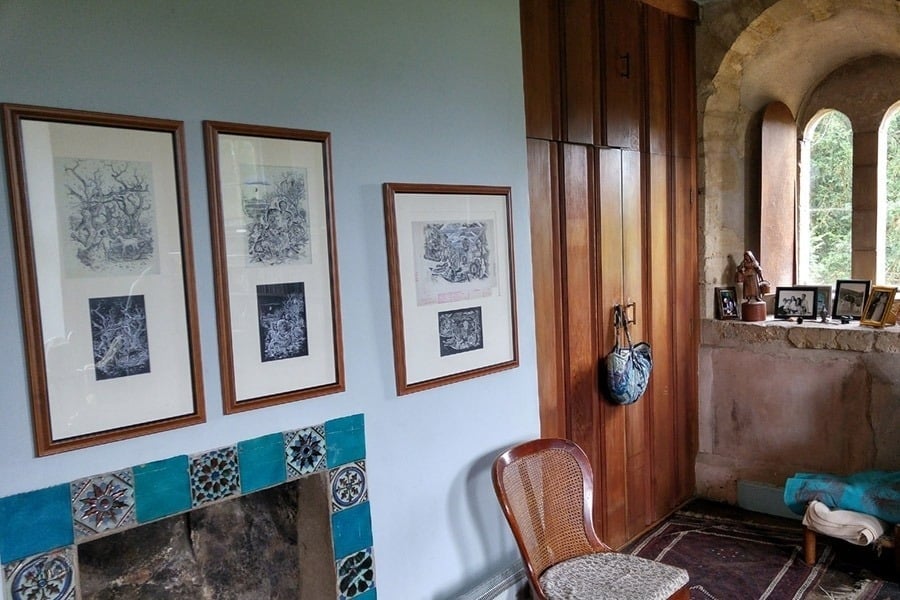
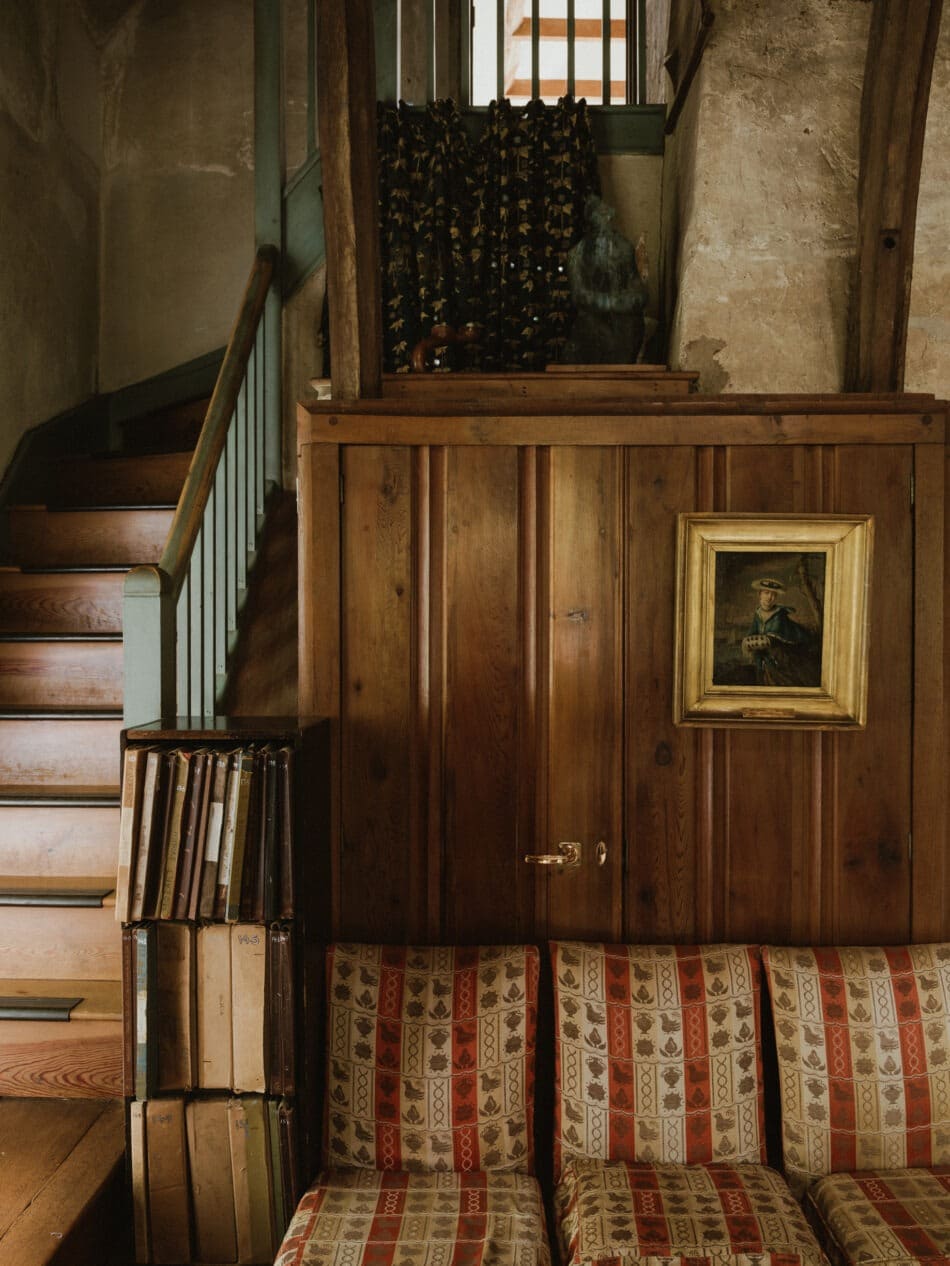
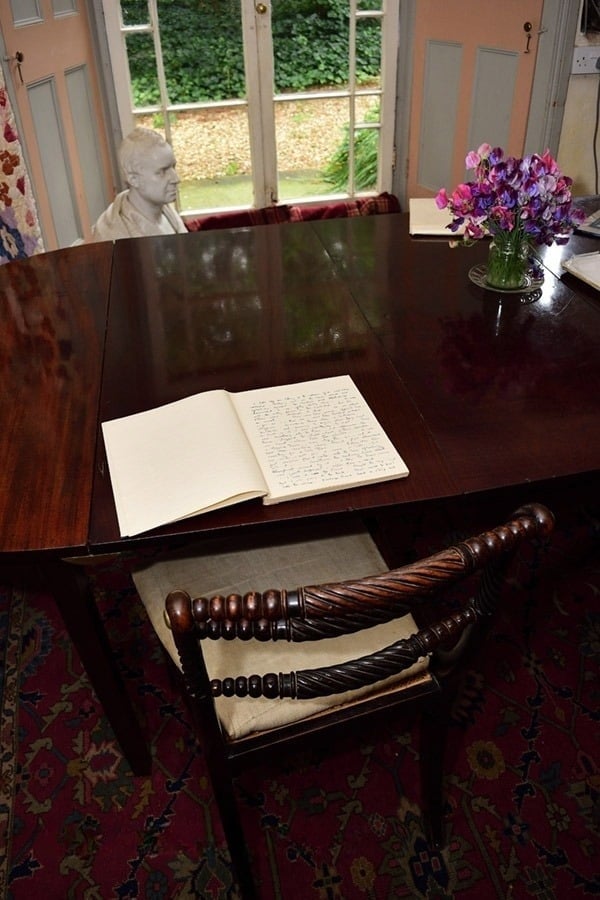
The Bedrooms
Each bedroom in The Manor has its own unique charm.
The main bedroom, once belonging to Lucy Boston, is filled with personal touches like her handmade patchwork quilts and a painting by Elisabeth Vellacott of a wartime recital.
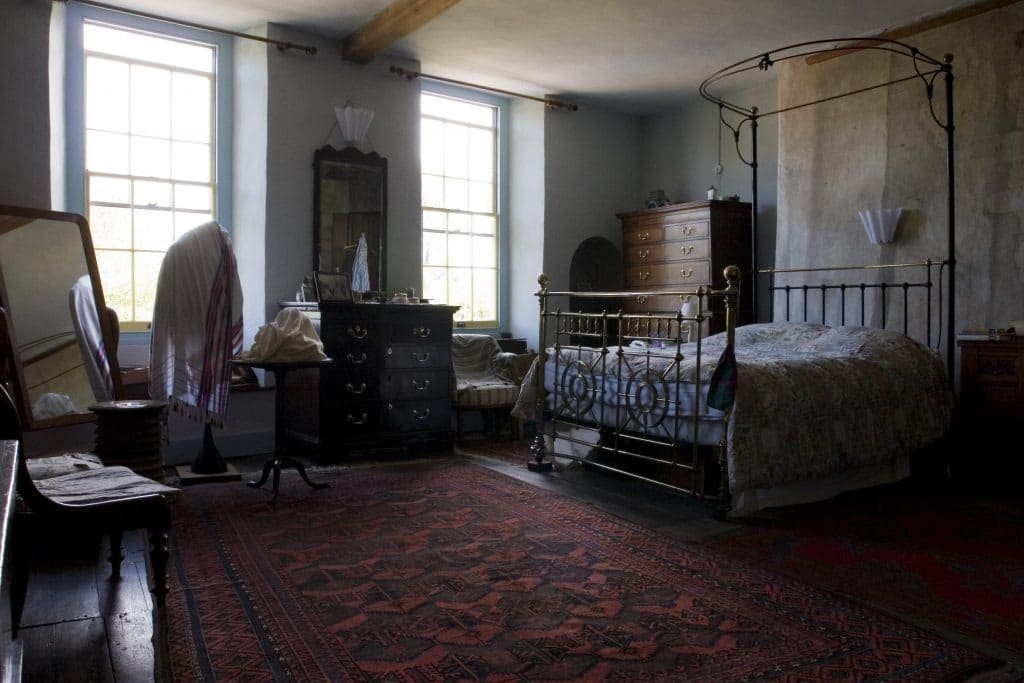
Other bedrooms mix antique and modern furnishings, creating a comfortable yet historically rich atmosphere.
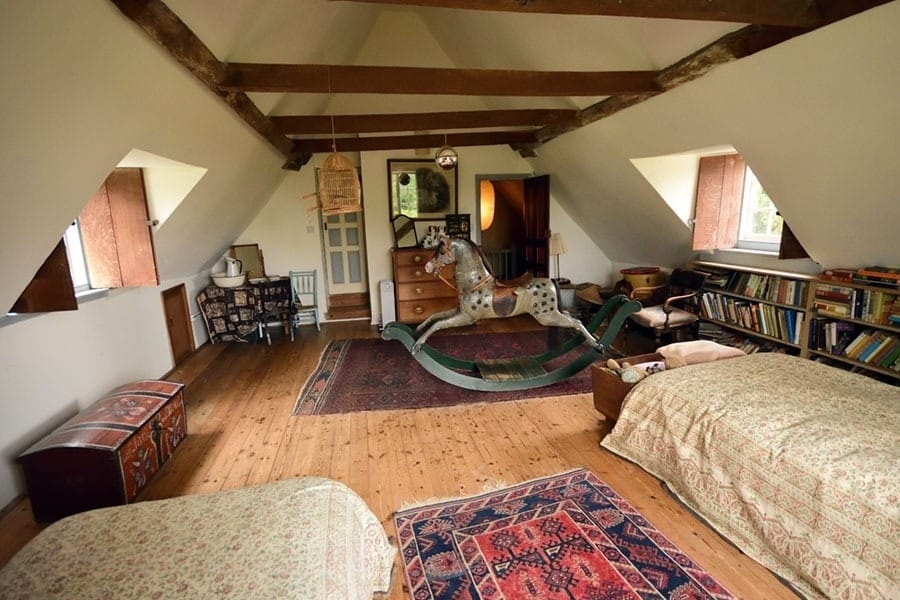
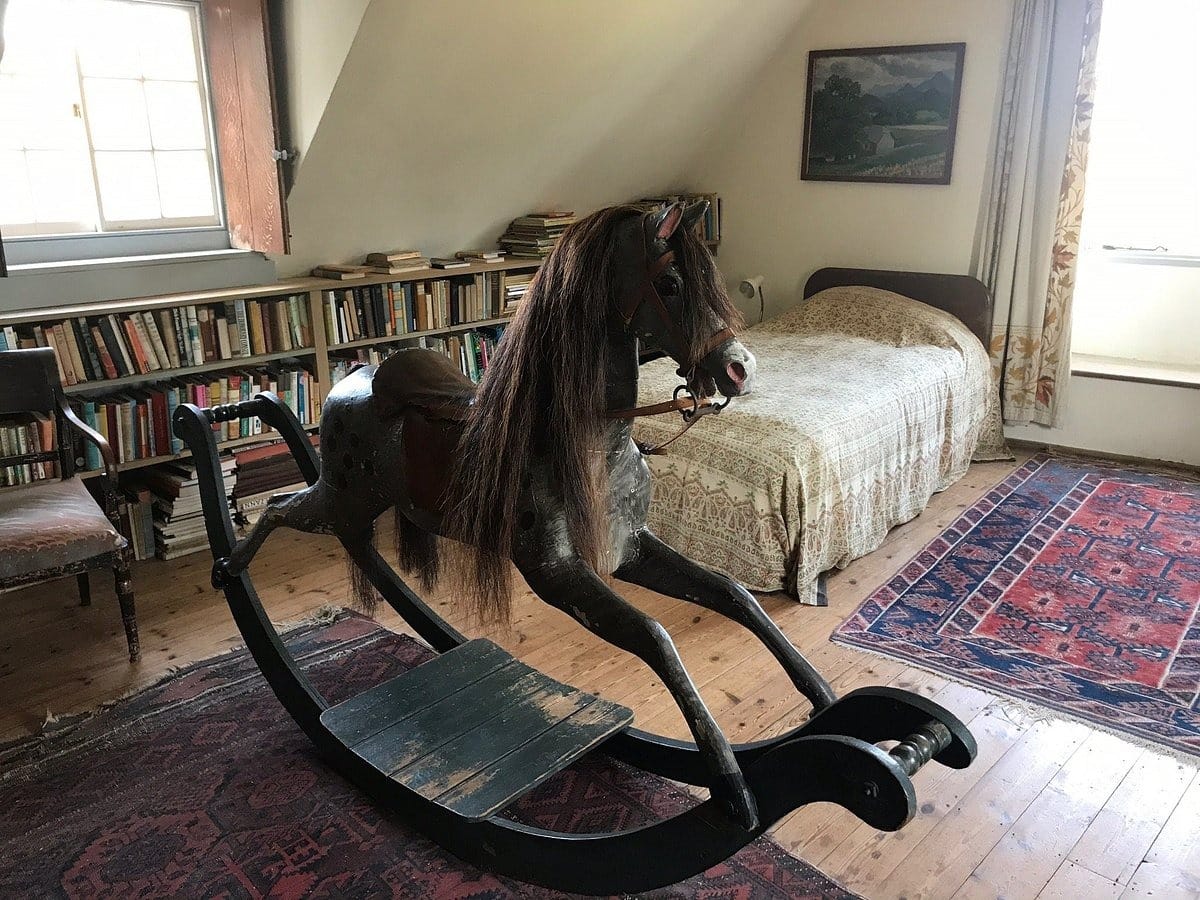
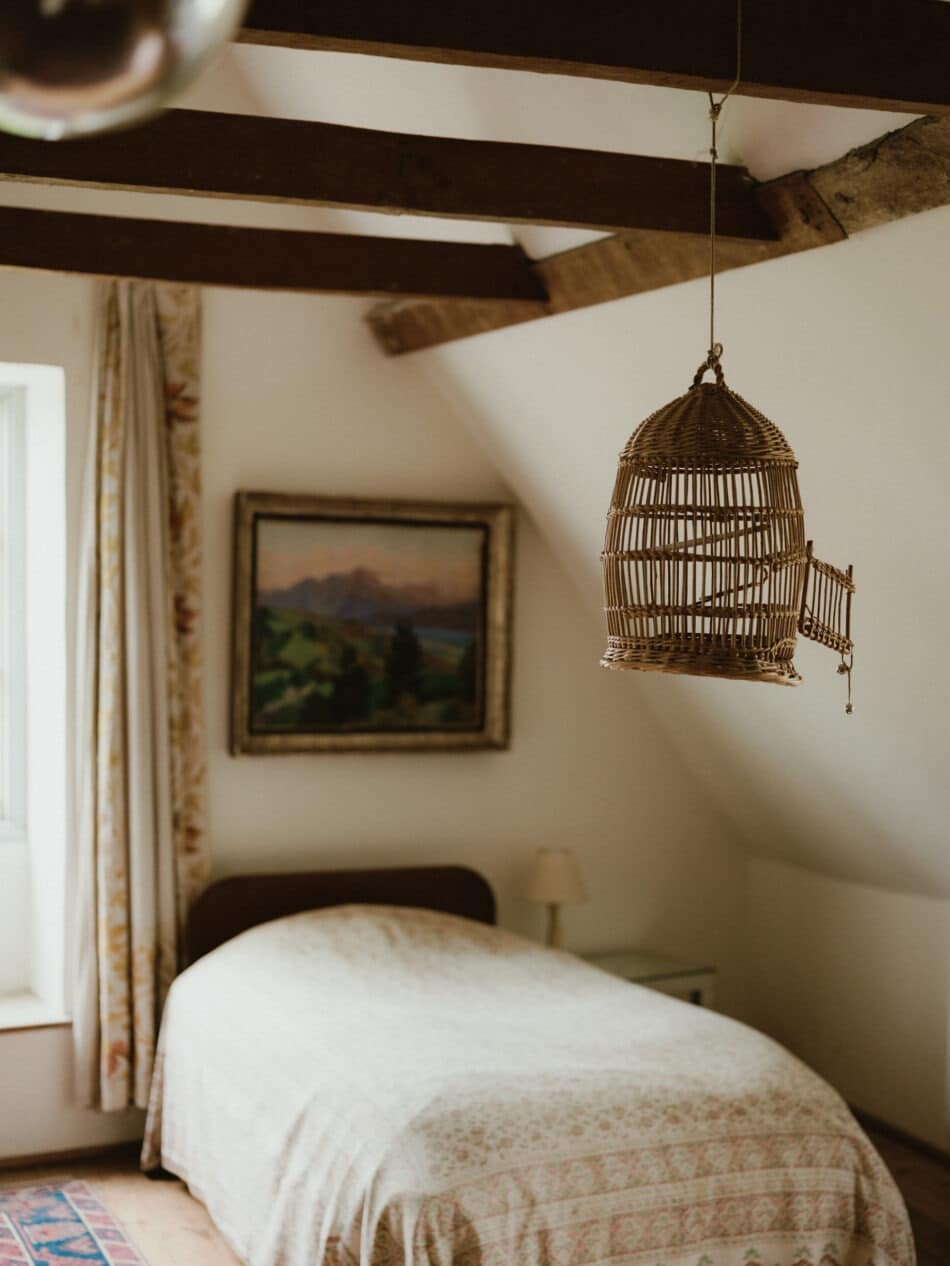
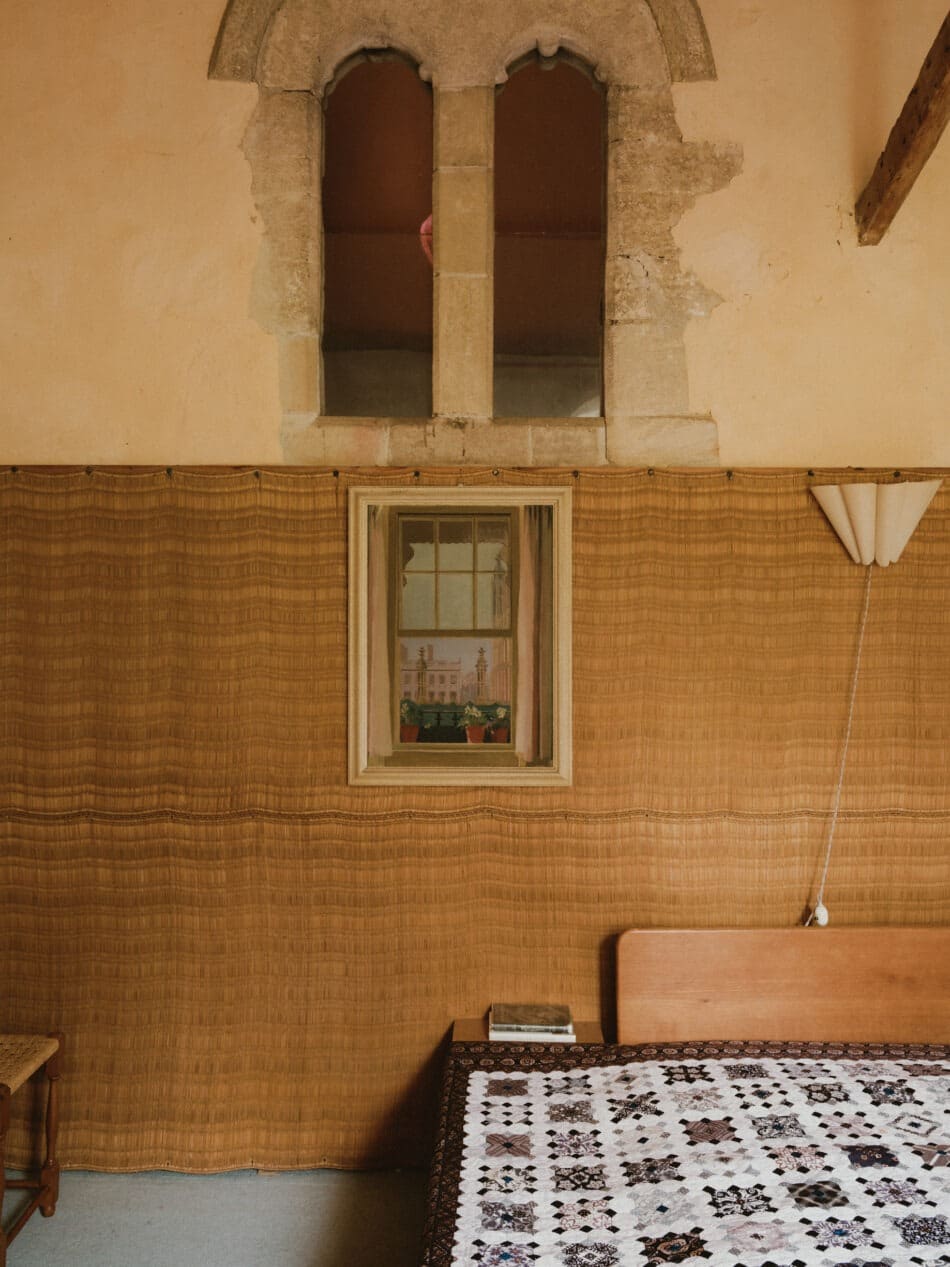
The Dining Room
It features a large, traditional wooden table surrounded by antique chairs, perfect for family meals or gatherings.
The room is decorated with vintage china and silverware, adding to its historic charm.
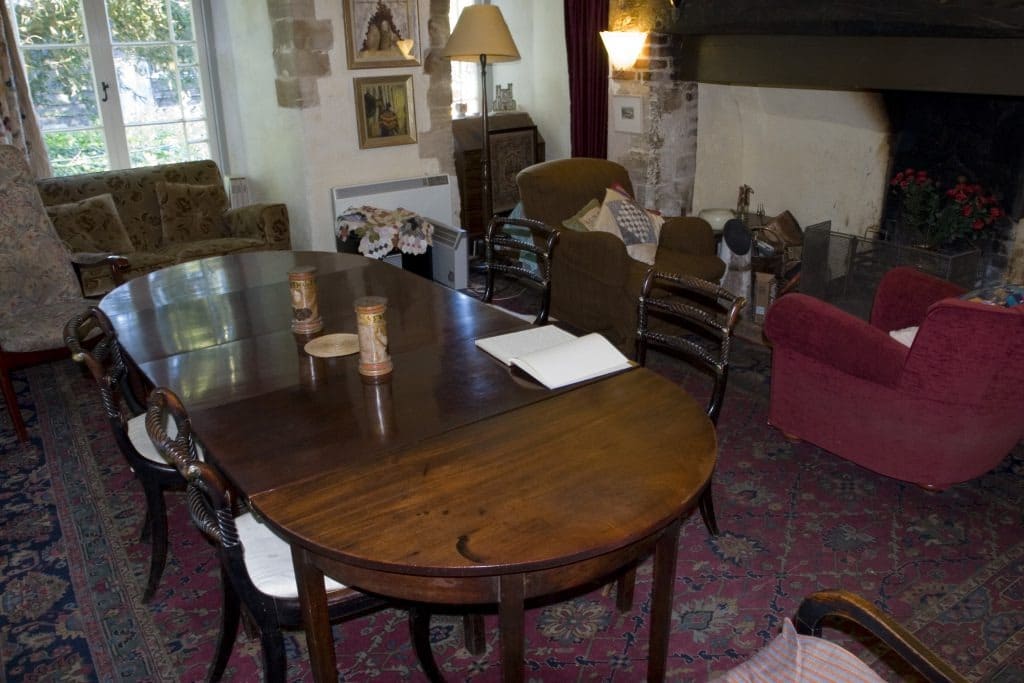
A large fireplace provides both light and heat, creating a cozy atmosphere.
The walls are adorned with old portraits and tapestries, reflecting the rich history of the house.
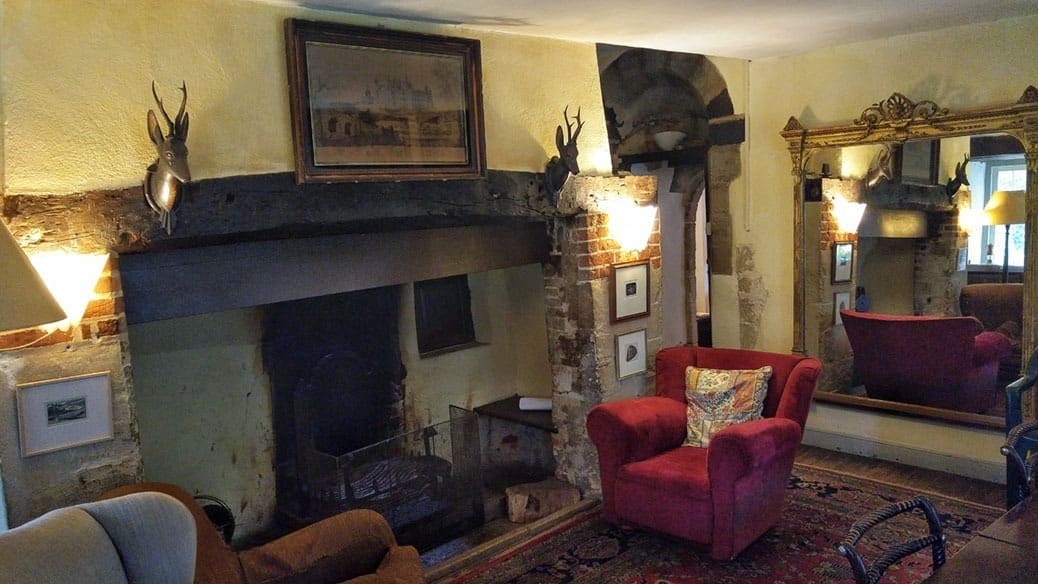
The Kitchen
The kitchen retains many of its original features, such as the large hearth, wooden beams, and stone floors.
It has a rustic charm that transports visitors back to a simpler time.
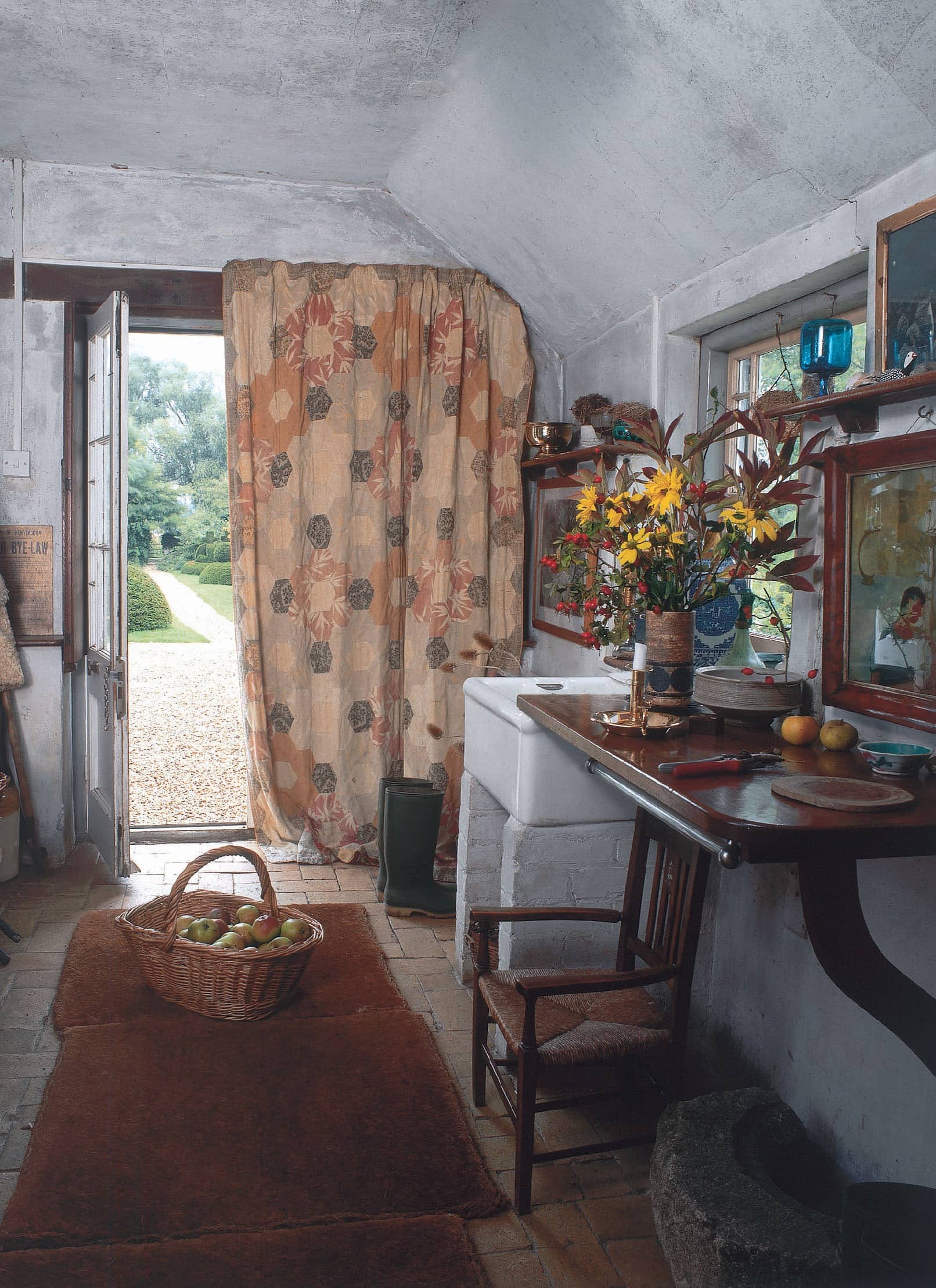
Patchwork Quilts of Lucy Boston
Lucy Boston was also a talented quilt maker.
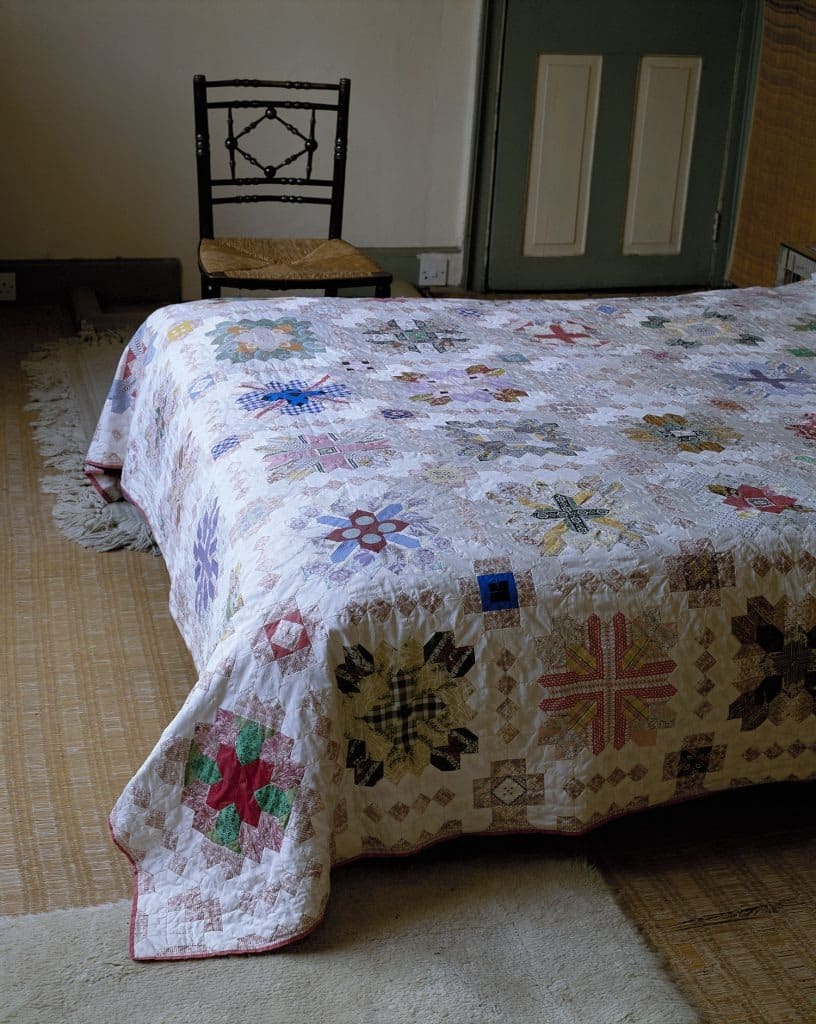
She began making patchworks while mending two quilts she bought from Muriel Rose’s Little Gallery.
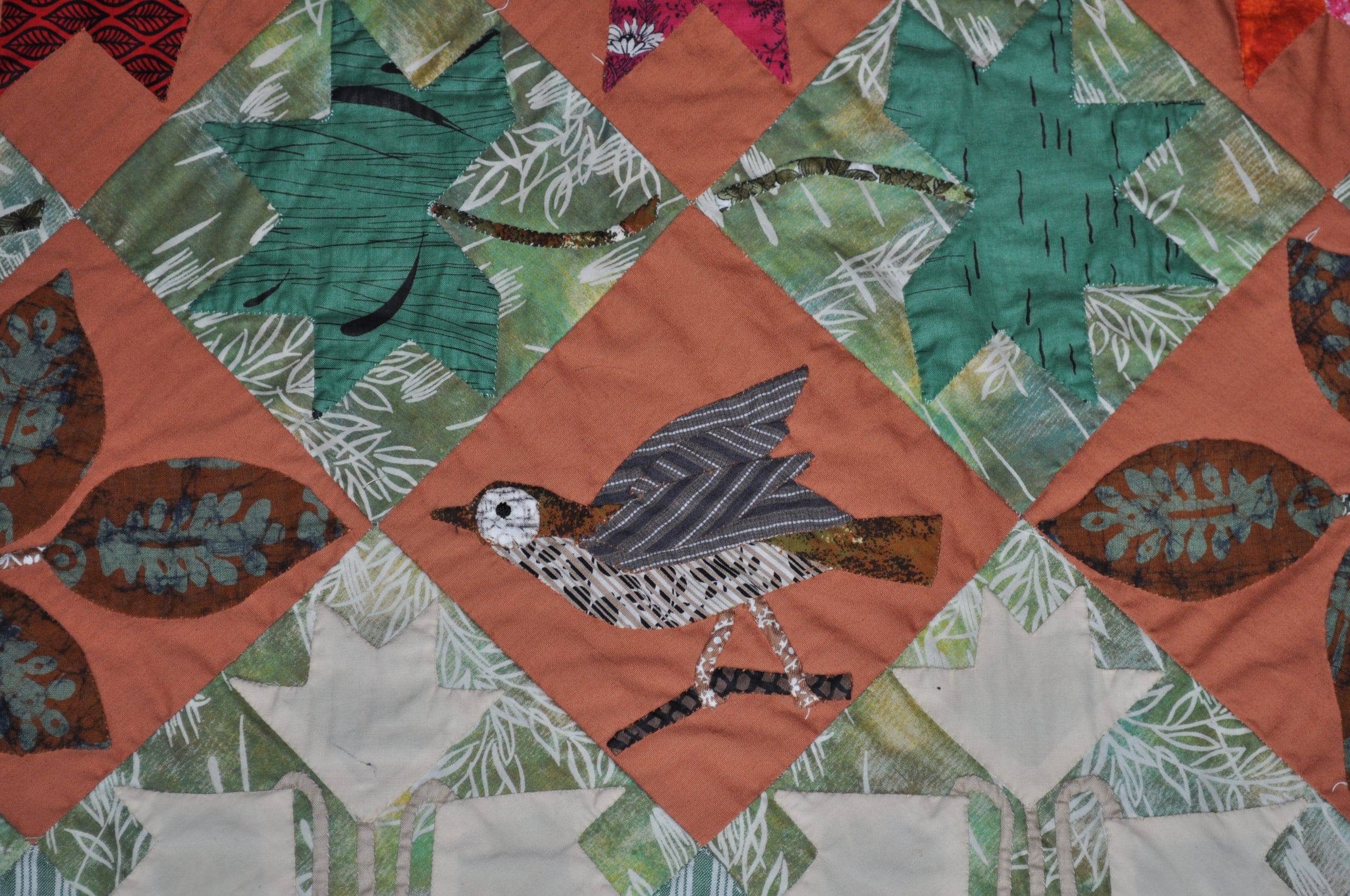
Over the years, she created many exquisite quilts, including the famous “Patchwork of the Crosses,” which is now one of the best-known patchworks worldwide.
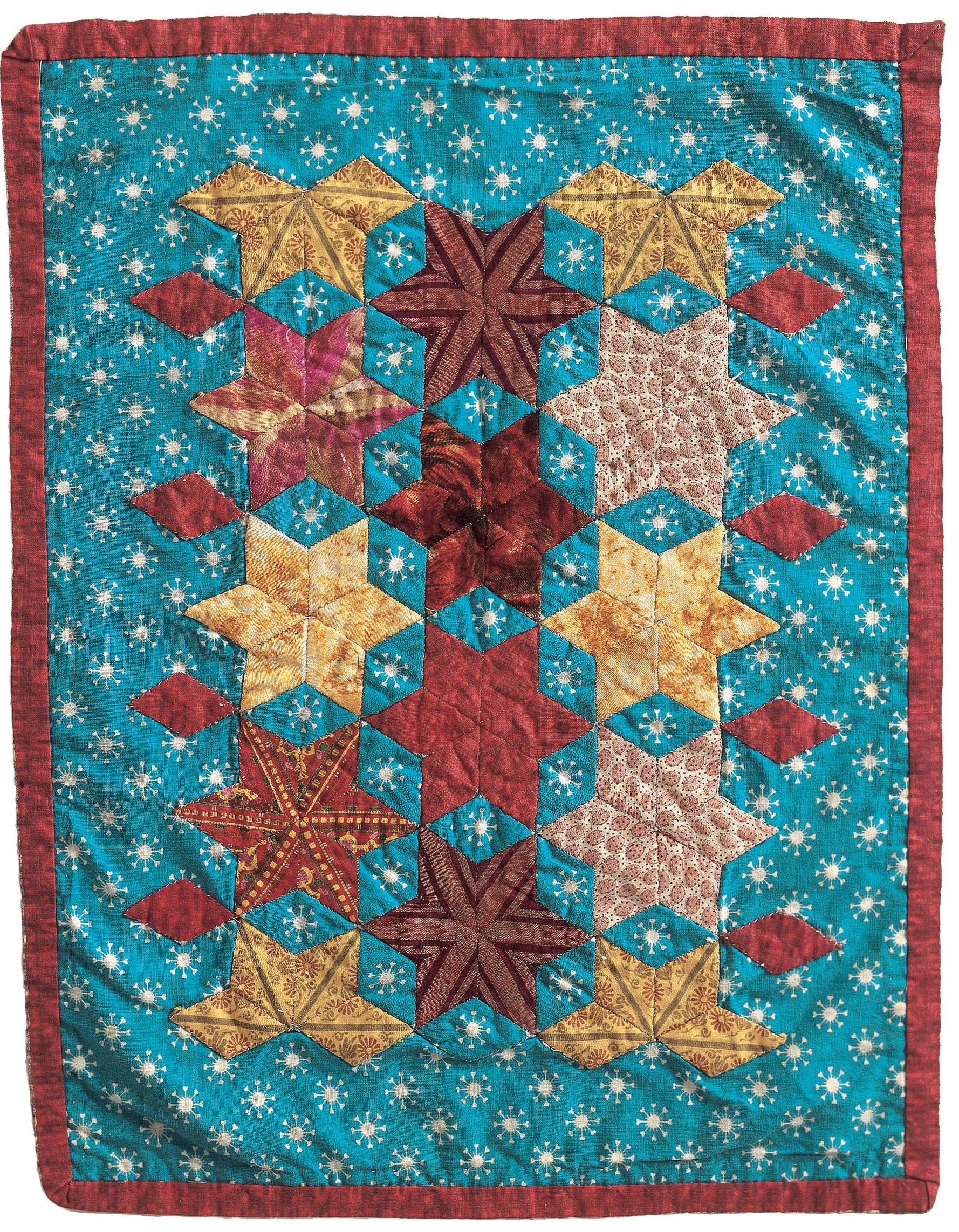
These quilts, along with paintings by her friend Elisabeth Vellacott and illustrations by her son Peter, are displayed throughout The Manor.
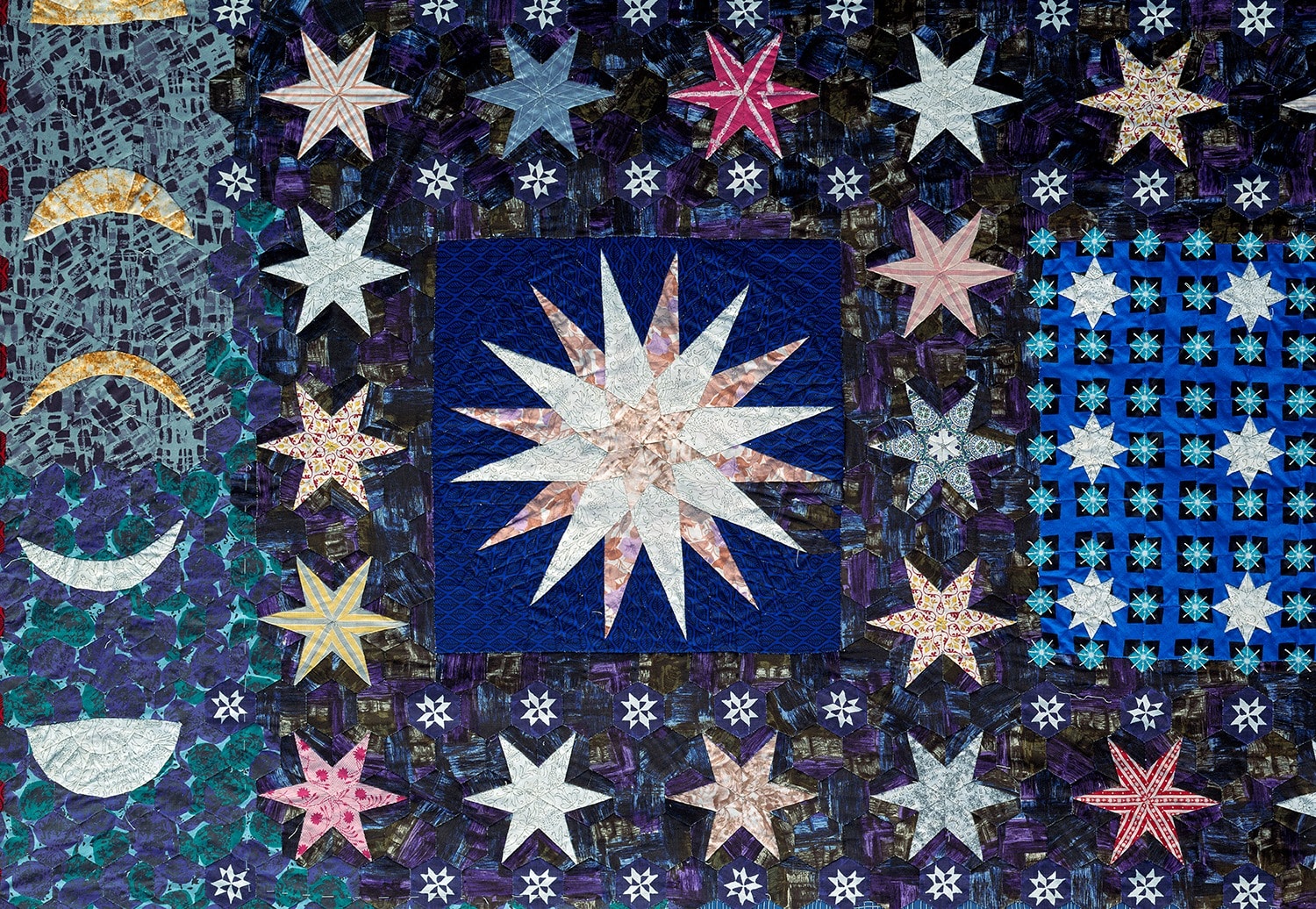
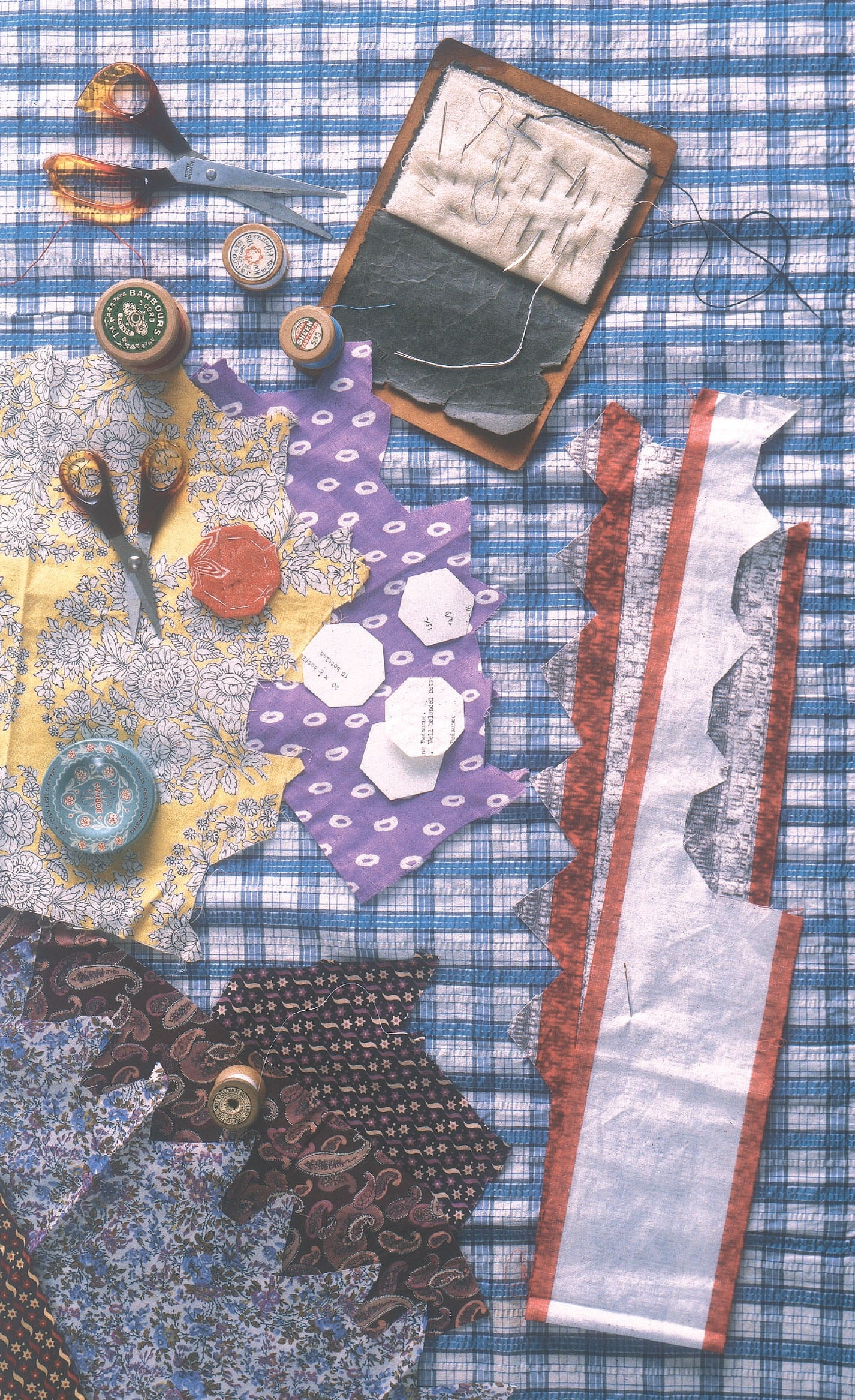
The Enchanting Gardens
Lucy Boston transformed the gardens of The Manor.
Initially just fields, the gardens are now filled with old roses, award-winning irises, and topiary.
She started planting during the war, focusing on trees and shrubs.
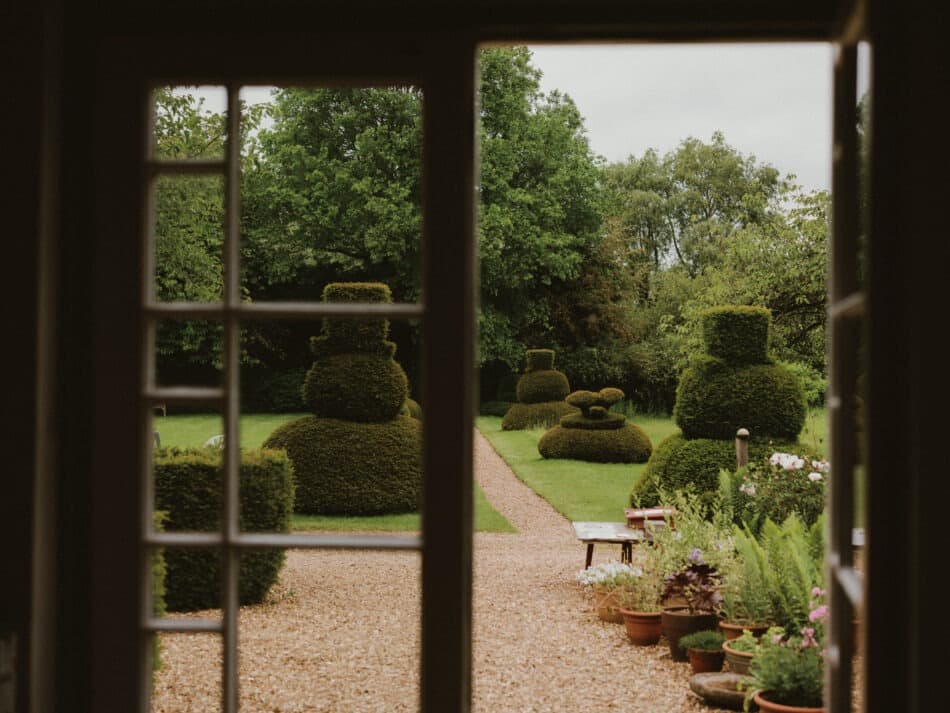
After the war, she expanded her efforts, creating a beautiful garden that attracts visitors from around the world.
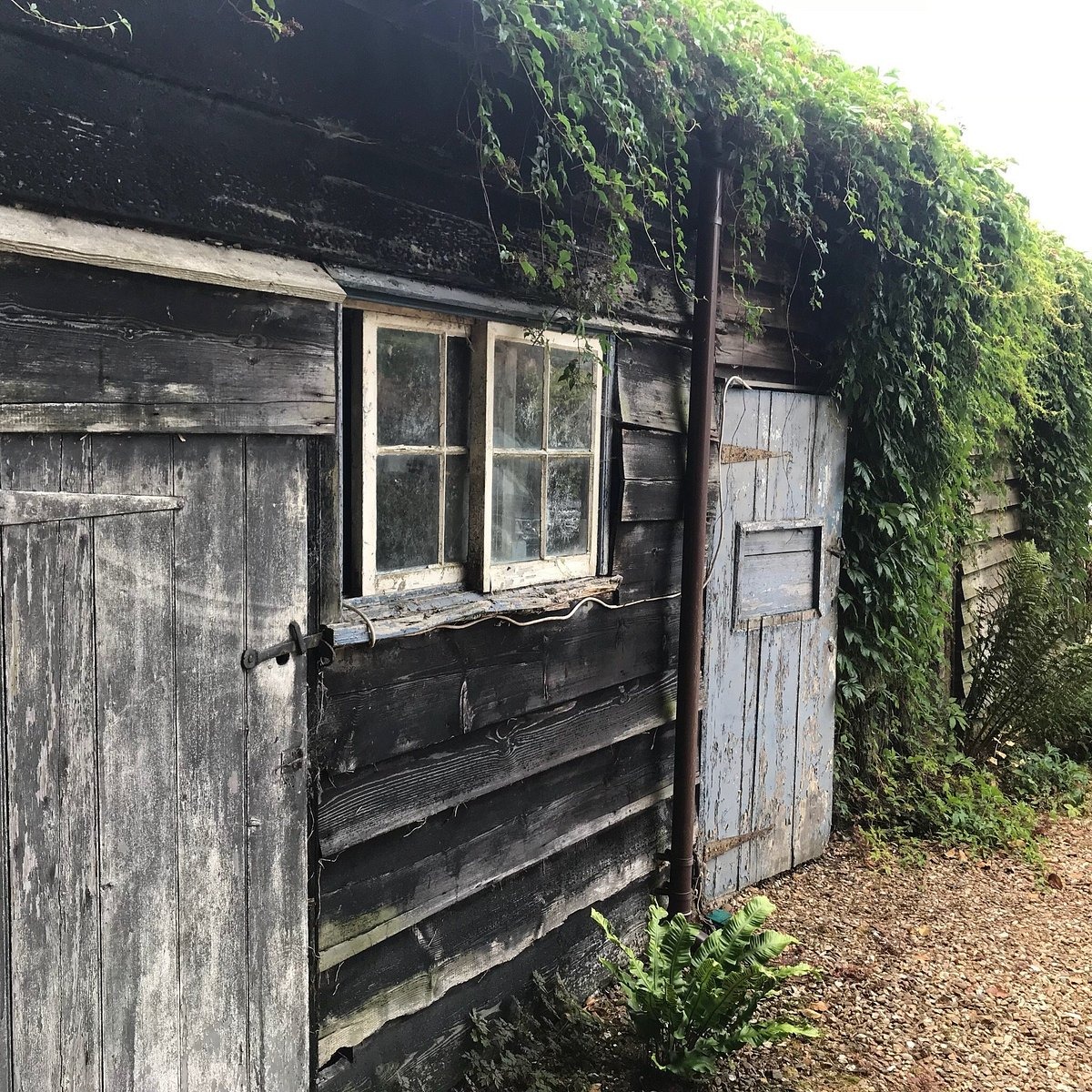
The topiary, inspired by Levens Hall, includes shapes like crowns and the dove of peace, reflecting her creative touch.
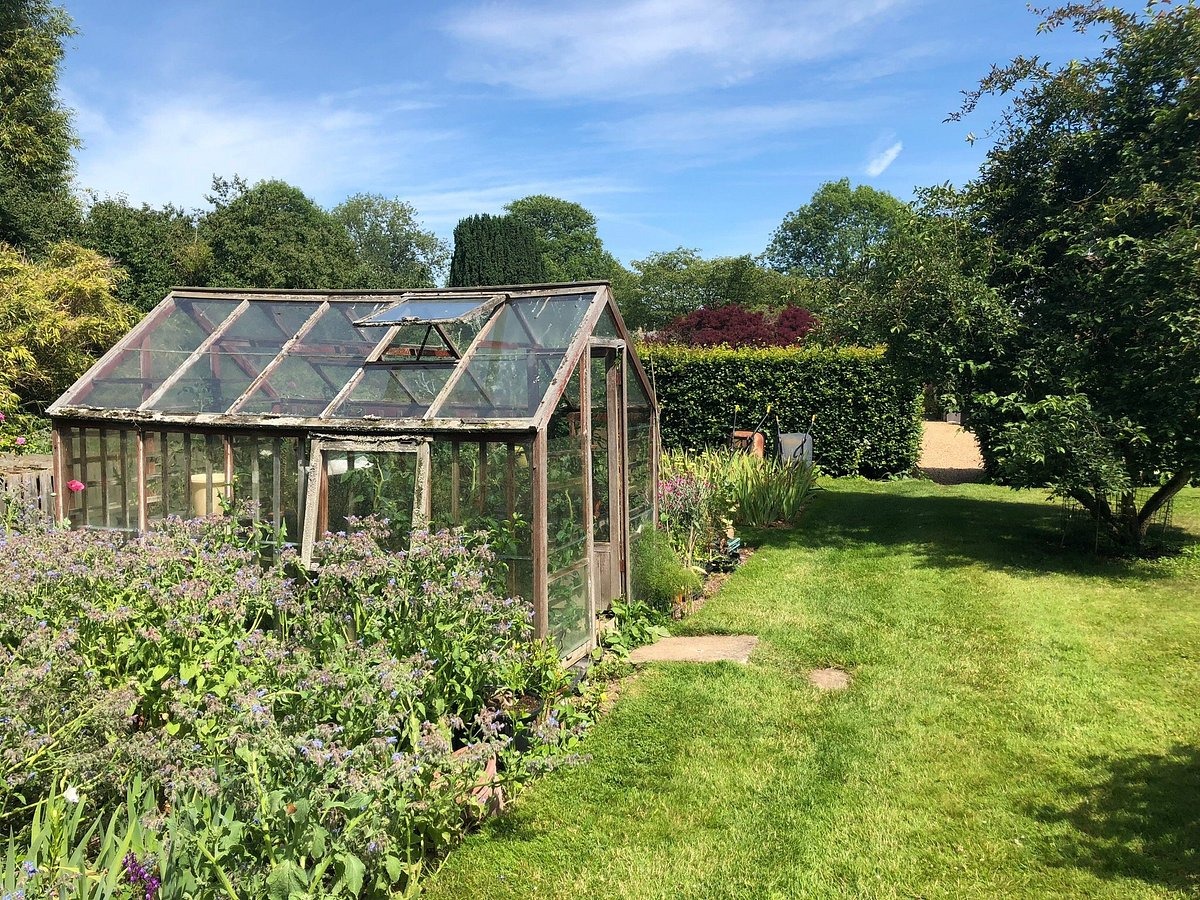
The ghosts of The Manor
How is The Manor today?
Today, The Manor is cared for by Lucy Boston’s daughter-in-law, Diana Boston.
The house remains much as Lucy left it, a living museum that welcomes visitors by appointment.


